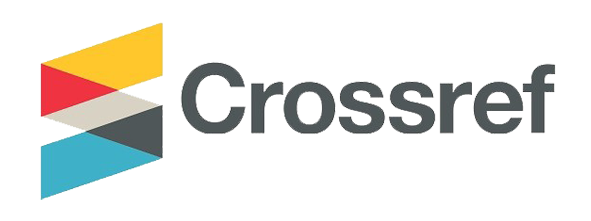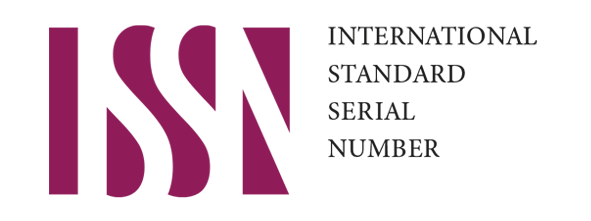Improving Fraction Concept Understanding Through the Jigsaw Cooperative Learning Model in 4th Grade Students
DOI:
https://doi.org/10.51178/jsr.v6i1.2283Keywords:
Learning Outcomes, Fractions, Cooperative Learning, Jigsaw, Classroom Action ResearchAbstract
This study aims to improve students' learning outcomes on the topic of fractions through the implementation of the cooperative learning model, Jigsaw type. This Classroom Action Research (CAR) was conducted in a 4th-grade elementary class consisting of 16 students. The study was carried out in two cycles, each consisting of the stages of planning, implementation, observation, and reflection. Data were collected through learning outcome tests, observations, and field notes. The results showed an improvement in students' learning outcomes. In cycle I, 9 students (56.25%) achieved learning mastery with an average class score of 72. In cycle II, the number of students who achieved mastery increased to 13 students (81.25%) with an average class score of 85. This improvement indicates that the Jigsaw type cooperative learning model is effective in enhancing students' learning outcomes on the topic of fractions. This study recommends the application of the cooperative learning model as an alternative teaching strategy to improve students' learning outcomes, especially on topics that require a deep understanding of concepts, such as fractions.
Downloads
Published
Issue
Section
License
Copyright (c) 2024 Education Achievement: Journal of Science and Research

This work is licensed under a Creative Commons Attribution-ShareAlike 4.0 International License.














